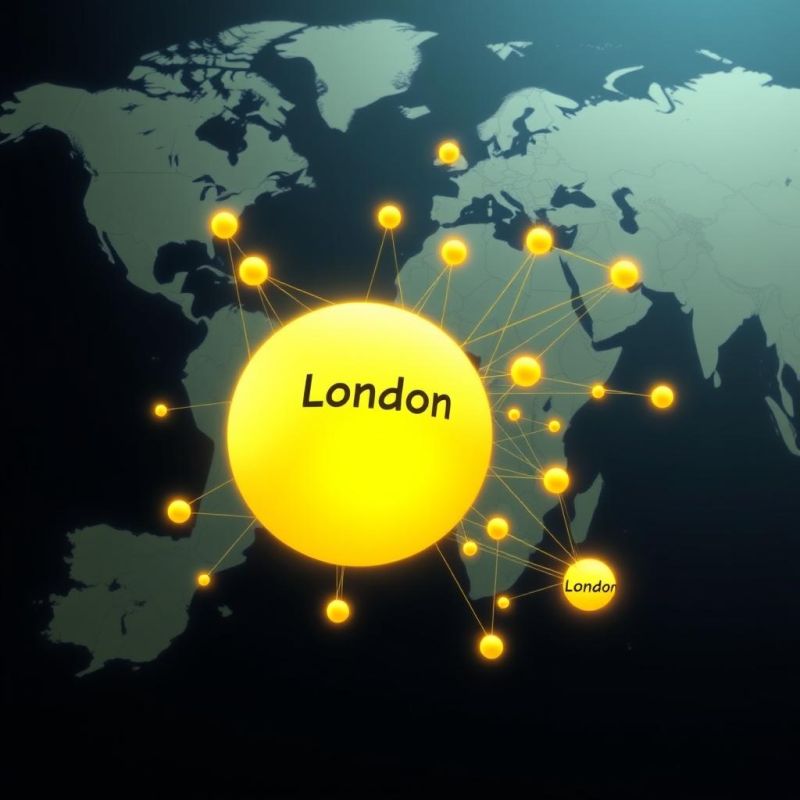- 26
- Apr
- 2025
Unexpected Biases Emerge while Enriching Geo-Data via Knowledge Graphs!
- Posted Byadmin
- InUncategorized

While testing accuracy and relevance during enrichment, biases suddenly emerged when we included spatial data in knowledge graphs. We started seeing biases in all sorts of spatial statistics and temporal statistics when using natural language processing technologies.
Most knowledge graphs don’t do any meaningful in place-name disambiguation so the London in the UK is always selected over all the other London’s even if the article is clearly about one of the many London. Bias will default to the UK, they have no idea of a region.
We can try to learn from human behavior what do those places actually mean
the top-down view works only quite well if there’s an agreed canonical representation .
We can model that this is a city, this is a pub, this is a nightclub, this is a movie theater. However sometimes we know what something is by what’s not in its surroundings, for example, we don’t find schools next to prisons, or spatial scope.
Many people have different perspectives and their political biases. When in India, Pakistan or China, you ask what’s the border of the Kashmir region? You’re always going to get a different reply, all of them are correct. Is this political bias or spatial scope? A clearer example is that the definition of city and town in the USA varies by state, thus more likely spatial scope.
Cultural issues, the global north and the global south have very different perspectives on what environmental protection should look like.
There are certain statements within these graphs that are true right now and then there are other statements within this graph that we call temporally scoped. They were true at
some stage but are not true anymore. Film studio answers are biased to Hollywood, but silent movies preceded Hollywood, a temporal scope. Now Bollywood, Nollywood and Asian movies are increasing in relevance by being more prolific producers.
Without considering these in your de-biasing effort, you can start to capture modeling errors in these knowledge graphs.